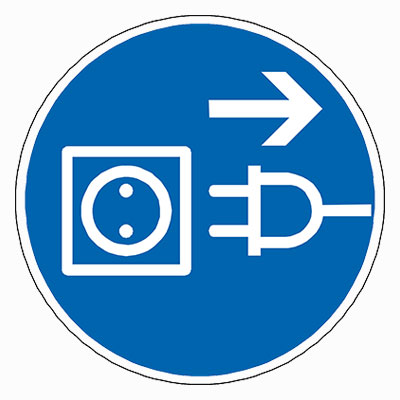Description

The course title is a mashup of “Mobile Learning” with “Artificial Intelligence (AI)”. It aims to capture a volatile mashup underway of technologies including smartphones, 5G networks, augmented reality (AR) and AI. They are reinventing our experience of the “real world” – more than any technologies before – so much that soon we might not remember what “real” was – including how we learn.
What happens when our personal-carry devices, as well as most of the objects and environments we encounter in our everyday lives, become imbued with an awareness of us and our surroundings, along with independent initiative and capability? A world with agency. A whole new ballgame for learning. The central question of ETEC523 will be:
“How can the opportunities of mobile intelligence be harnessed for effective learning?”
ETEC523 is a purposeful exploration of these unprecedented potentials through the critical lenses of technological affordance, cultural velocity and learning science. The so-far-short history of mobile learning can be characterized as attempts to cram ‘ignorant’ textbook-style learning experiences into carted laptops and tablets. Smartphones? No thanks – we just want traditional pedagogy to be portable. As educators we must be braver than this or risk irrelevance.
ETEC 523 is instructed by David Vogt, who has been conducting collaborative innovation in mobile technologies since before there were smartphones or apps (sounds like forever, but not even two decades!). Take this course if you’re not afraid of the wilderness.
Learning Objectives
In ETEC 523 you will:
- Gain a broad critical and practical understanding of existing and emerging mobile intelligence potentials specific to teaching and learning.
- Acquire durable skills relevant to the analysis and design of mobile intelligence environments and experiences.
- Contribute individually and collectively to current scholarship and professional evaluation of mobile intelligence for learning.
Activities
ETEC 523 occurs in a hybrid Canvas/Wordpress environment. The course employs participatory scholarship (you are co-researchers, not students); collective curation (everyone actively authors, reviews, rates, and recommends content); regenerative curriculum (every cohort self-selects and authors their own curriculum, building upon the work of previous cohorts); and open publishing (your work will be published live to the web). ETEC 523 begins with a 4-week trek into the Mobile Intelligence frontier, followed by a Movable Feast (an 8-week team-driven exposition of select topics within mobile intelligence), and ends with a week-long Mobile Forum (students forecast the future of mobility and learning).
Readings & Resources
ETEC 523 emulates real life within an open stream of research and analysis we call the “Knowledge Mill”. All of the products of previous cohorts are immediately available, along with leading market research works and pertinent academic literature. No additional textbooks are required.
Assignments & Assessment
The course is assessed on four facets of participation:
- An individually-published Analysis of a technology, application or program at the forefront of mobile intelligence (25%)
- A team-published interactive Open Education Resource providing an analysis of one of the selected Frontiers Poll topics (25%)
- An individually-published Forecast giving details and impacts of some future implementation of mobile intelligence. (25%)
- A Participation Portfolio (25%) summarizing other contributions to the course.
Your major works will be professional in context, not academic – they will be authored to serve an open, global audience of education professionals like yourself. You will be able to distinguish yourself via creativity, critical thought, mobile design, and insightful communication.
Minor course topic, activity, reading/resource, and assignment details may change from year to year.